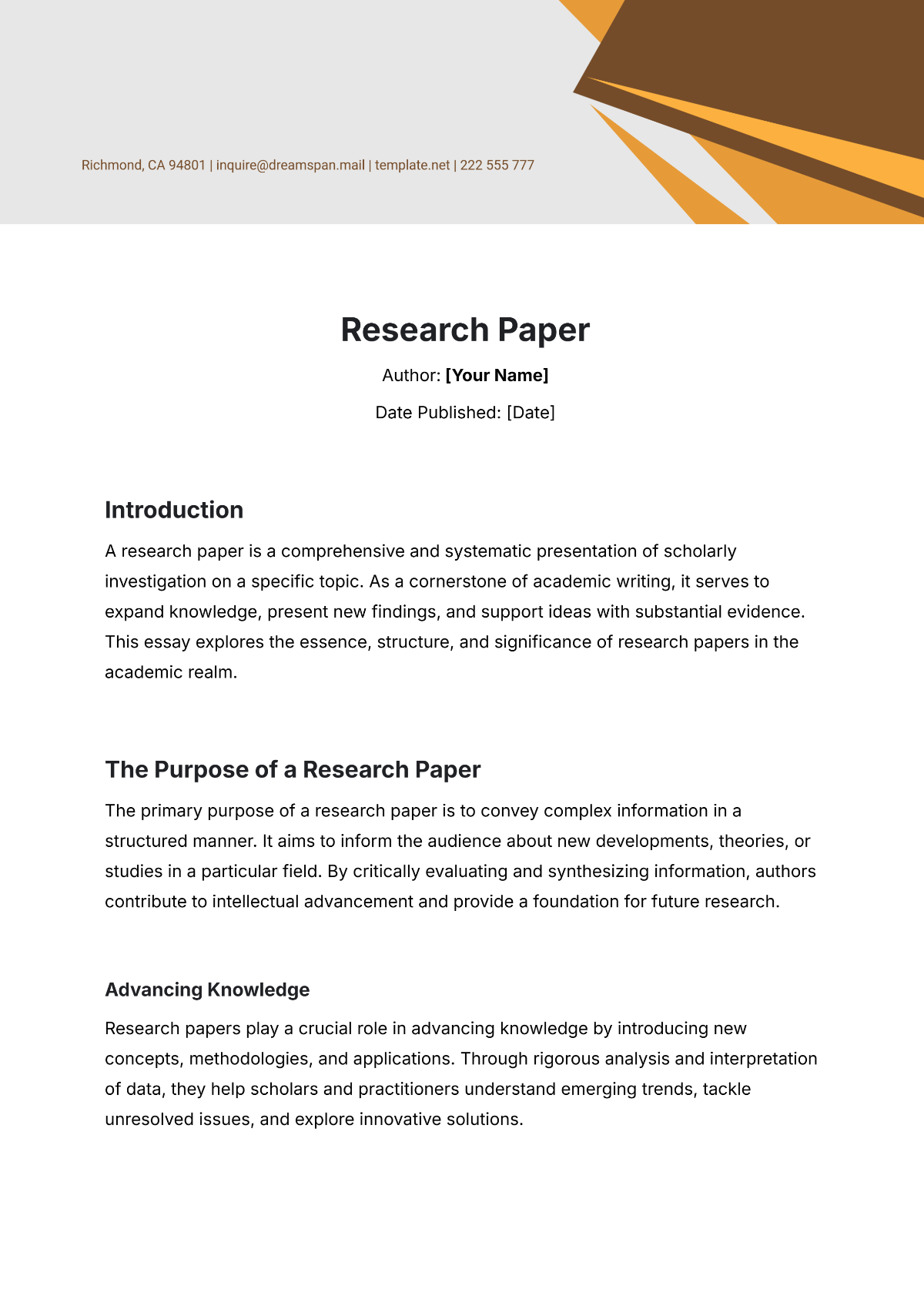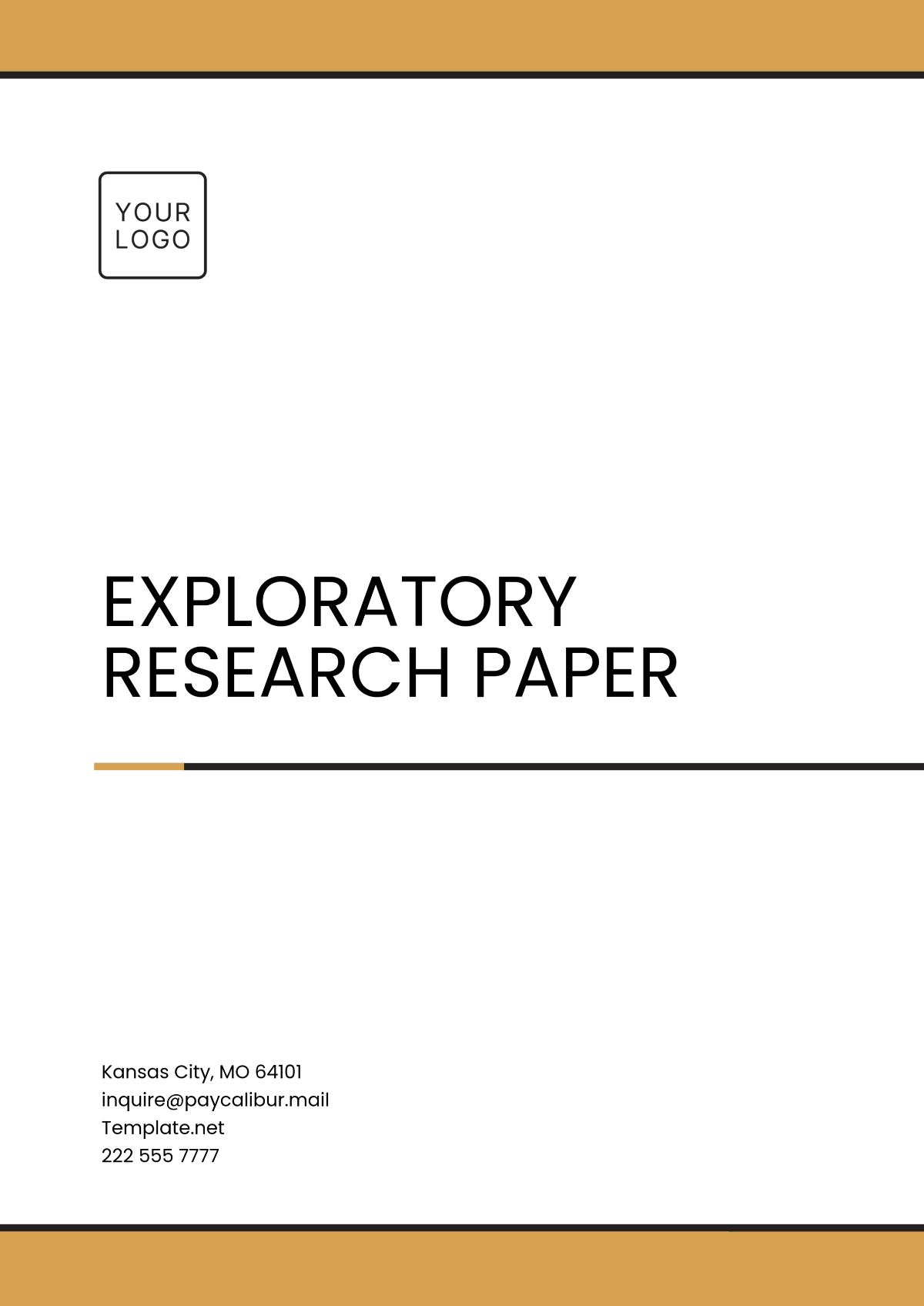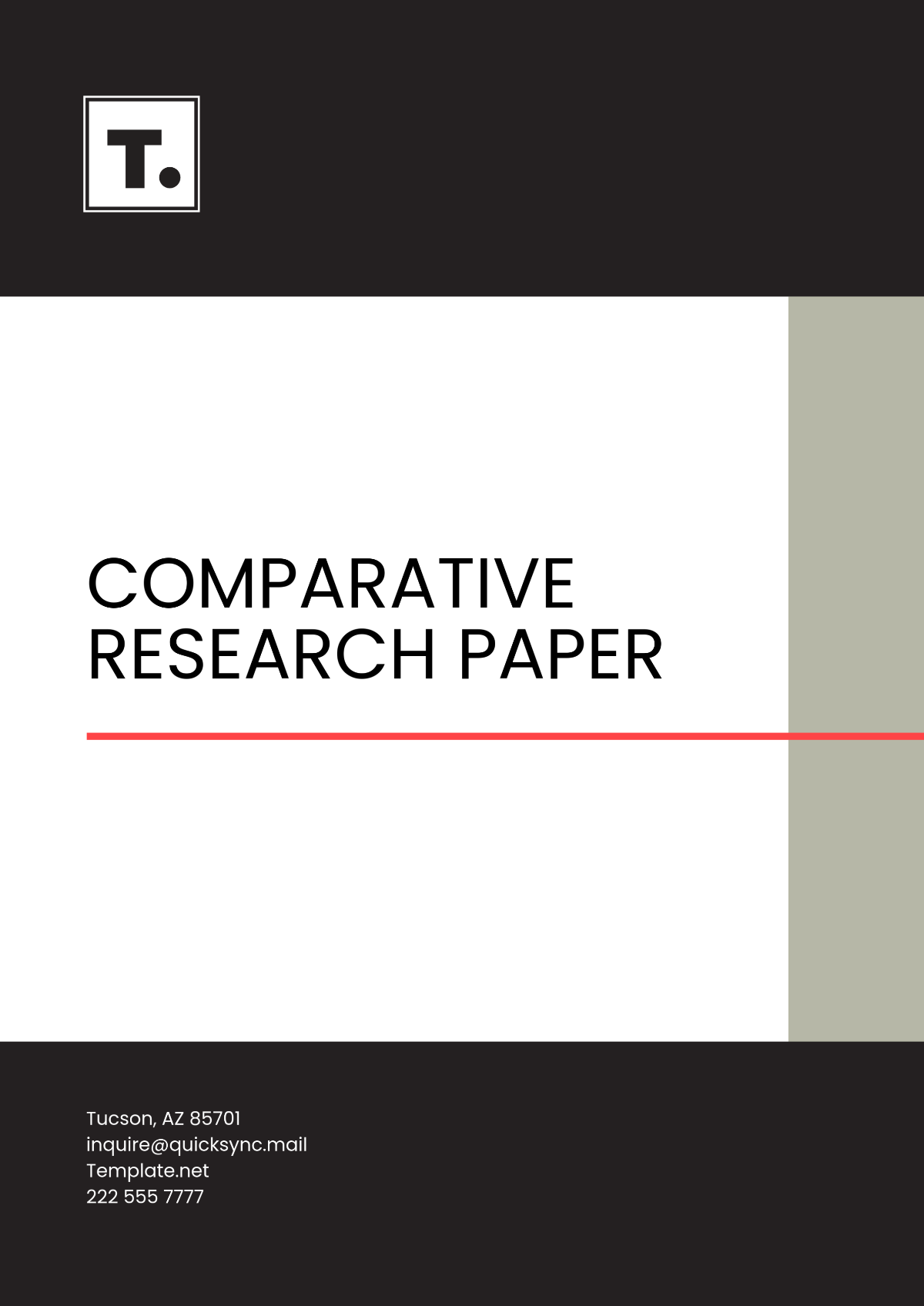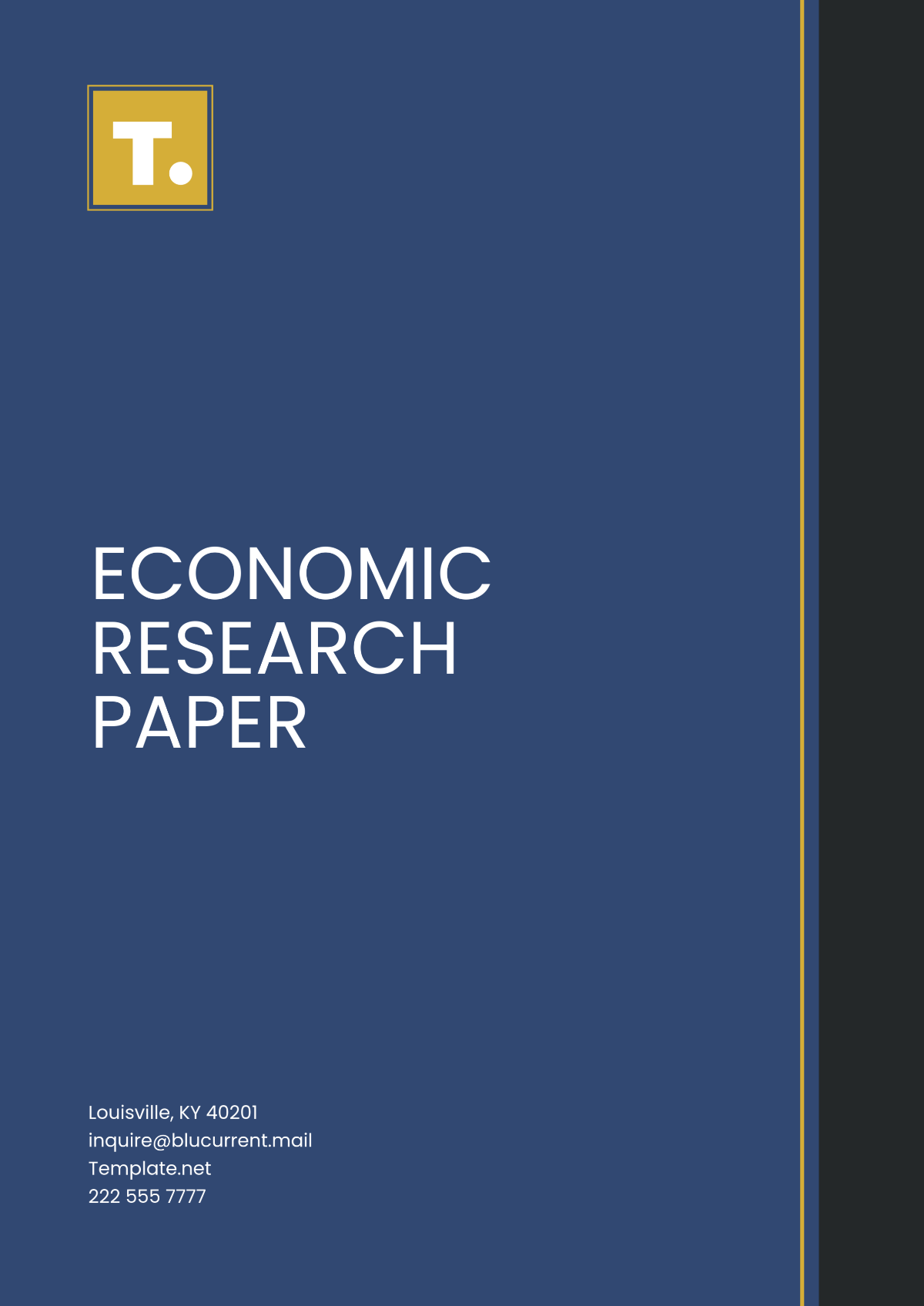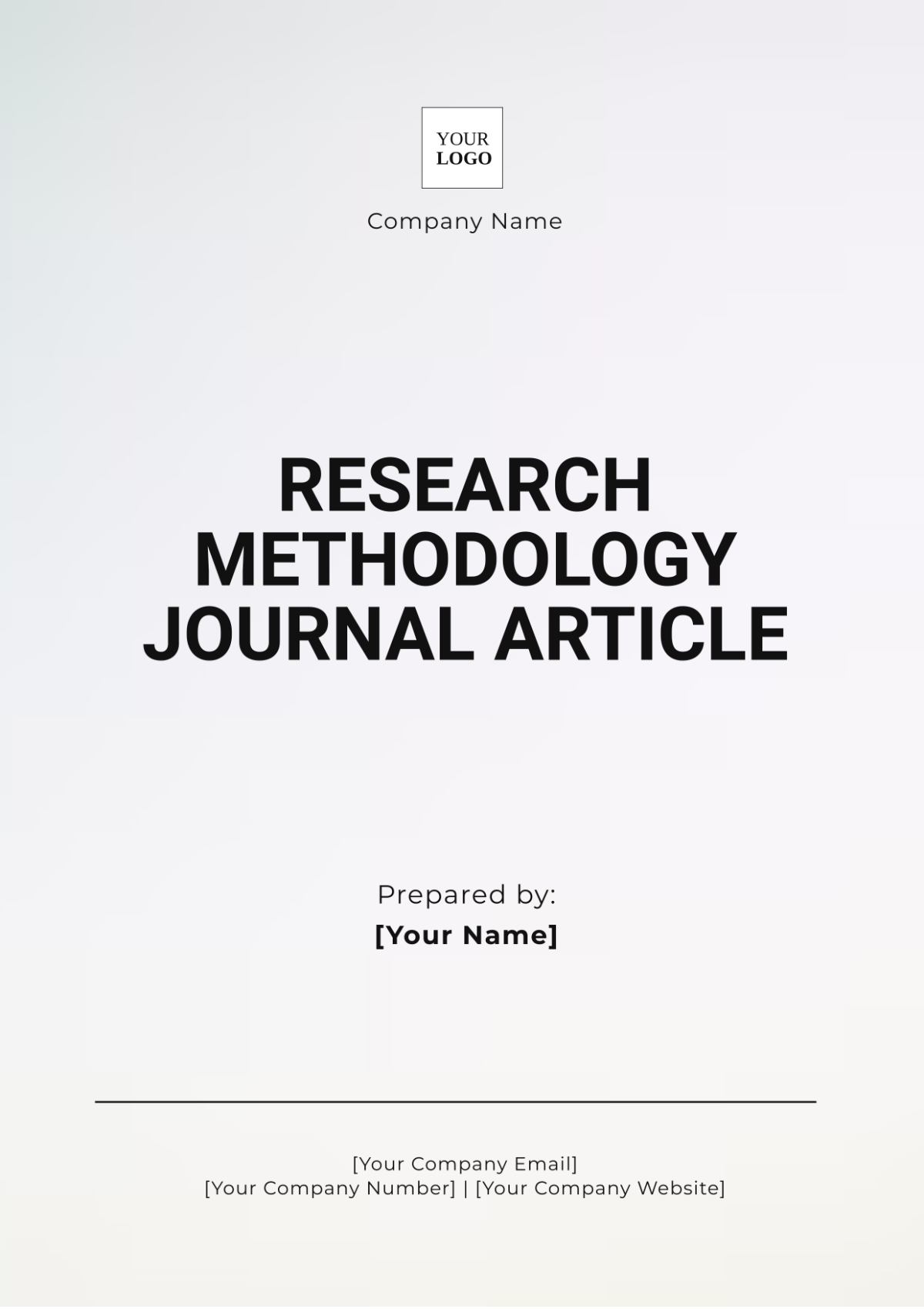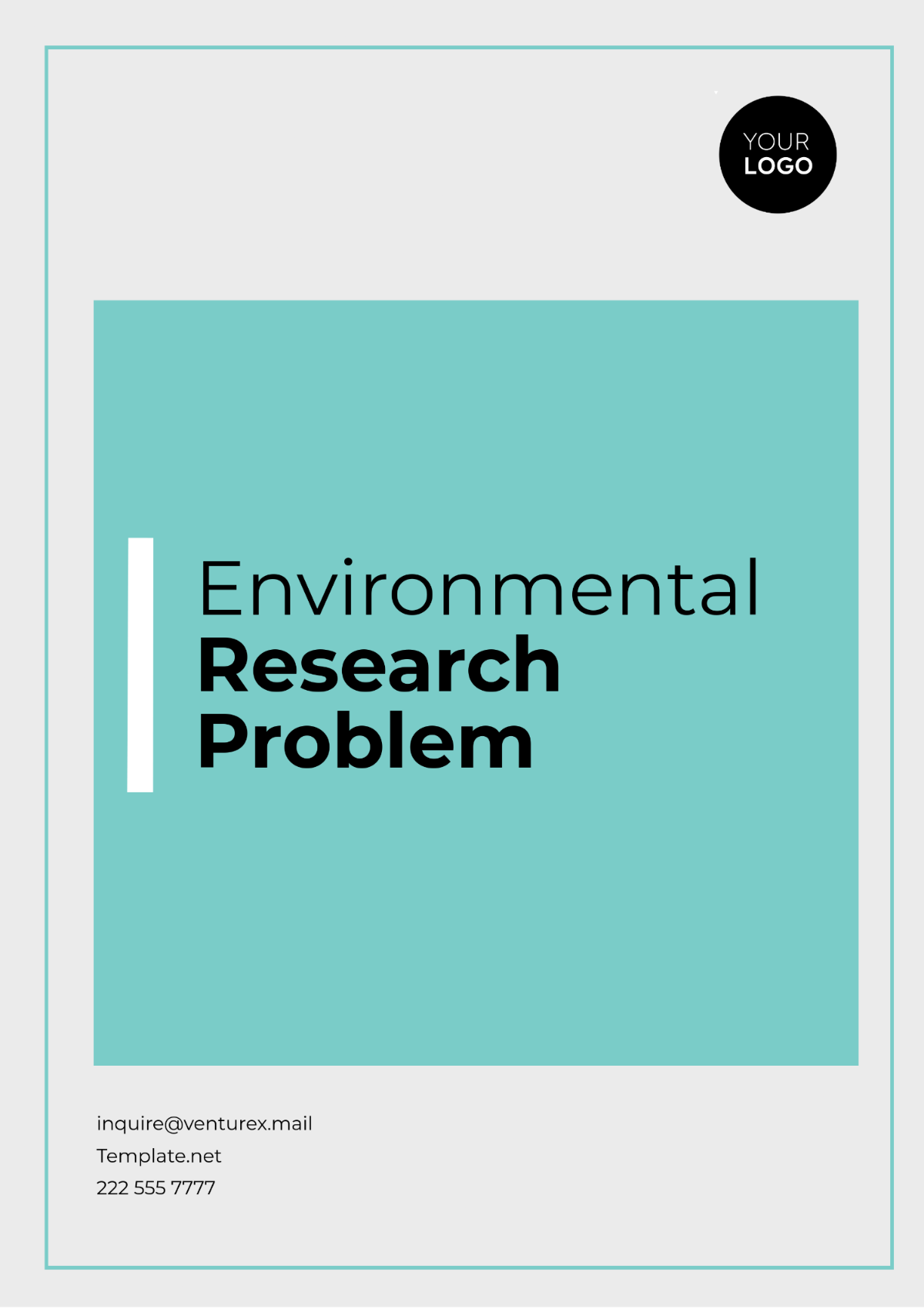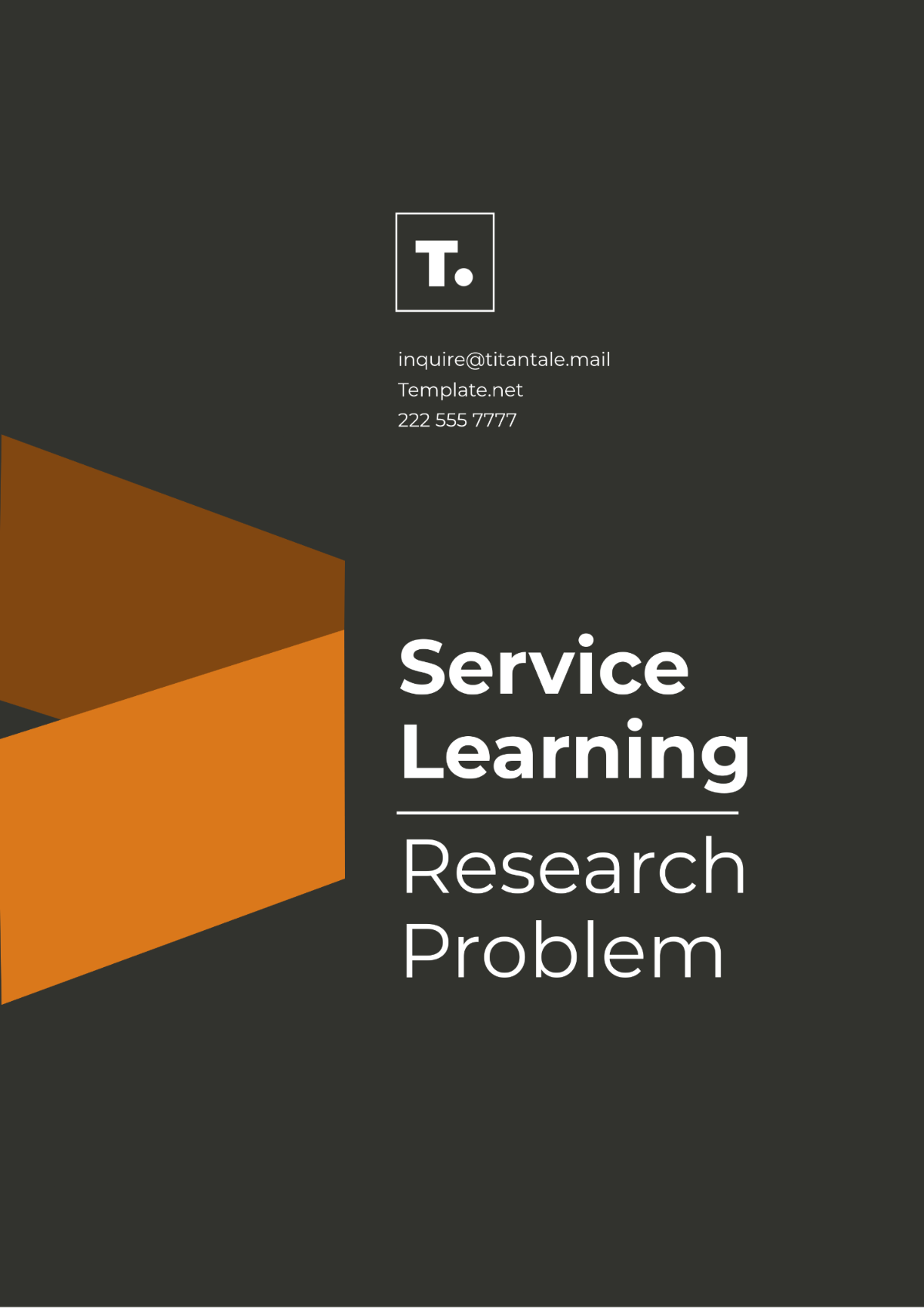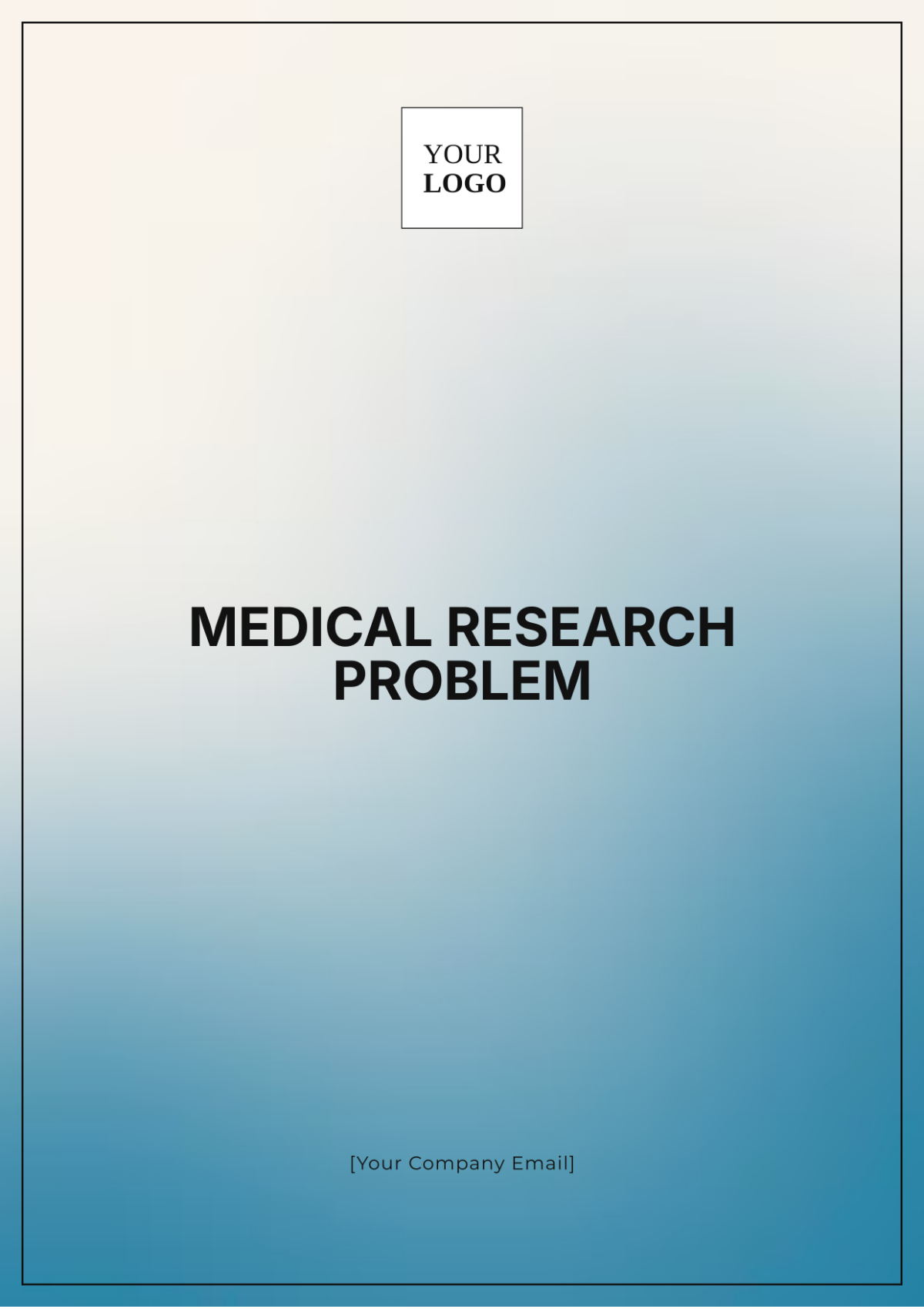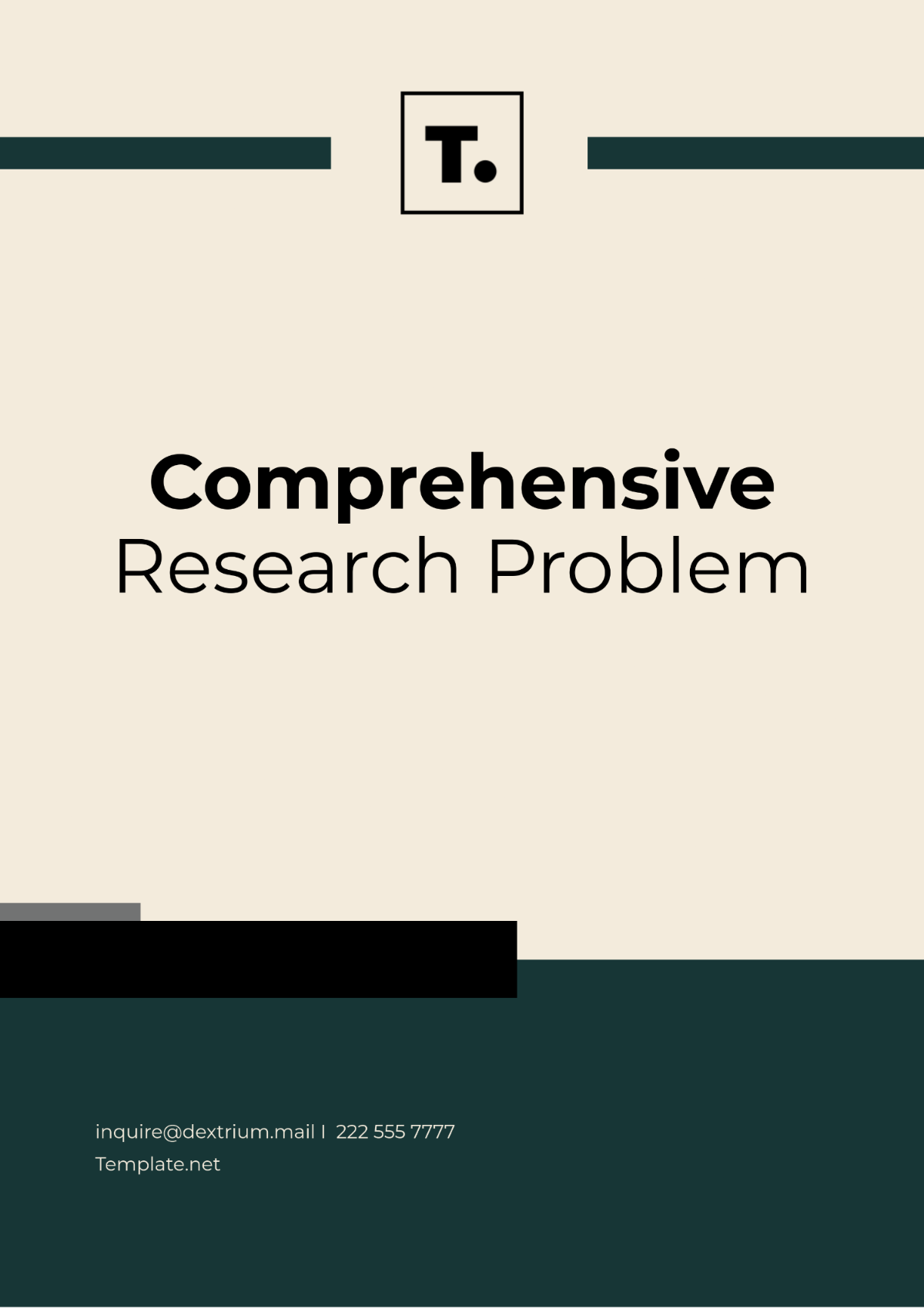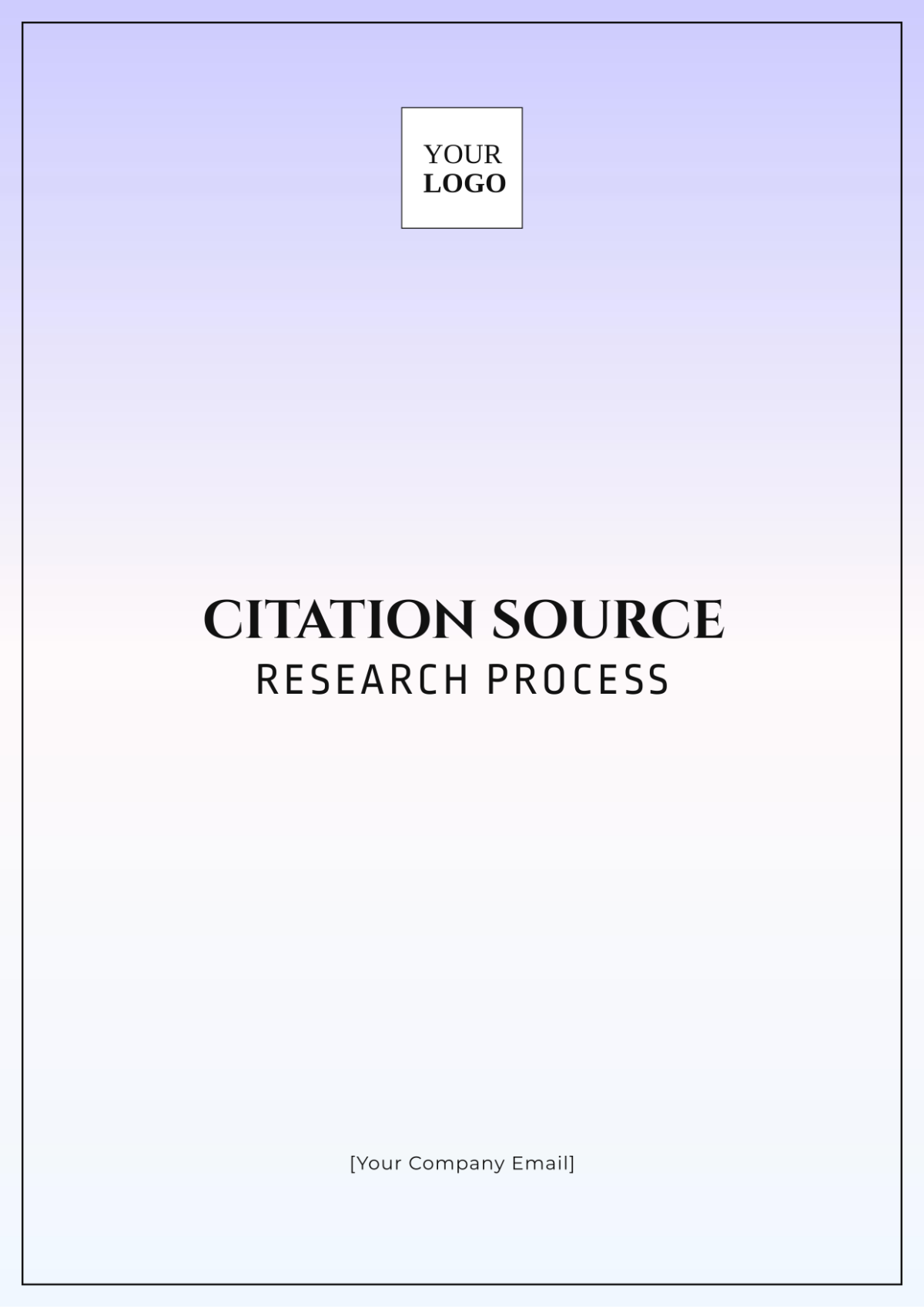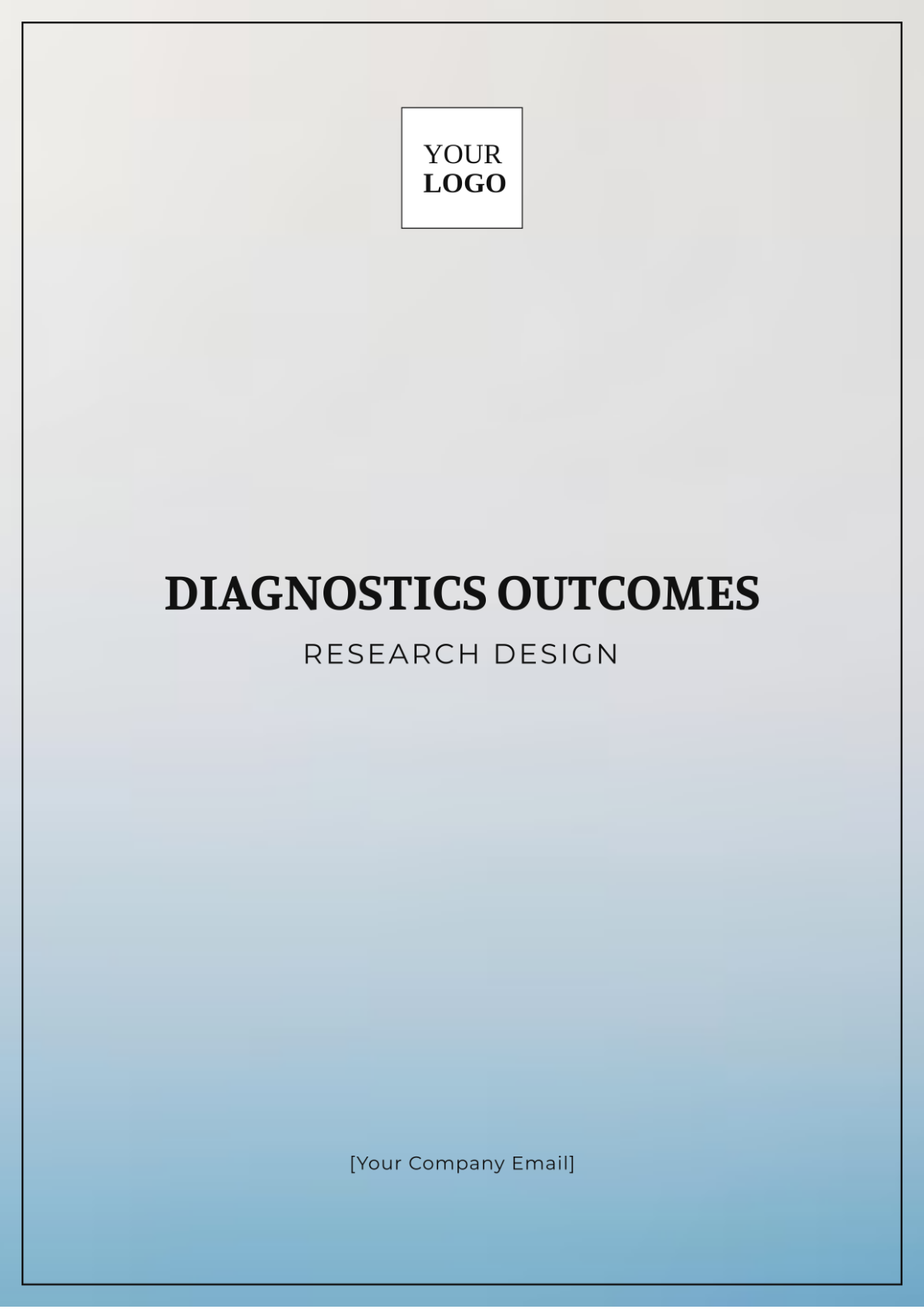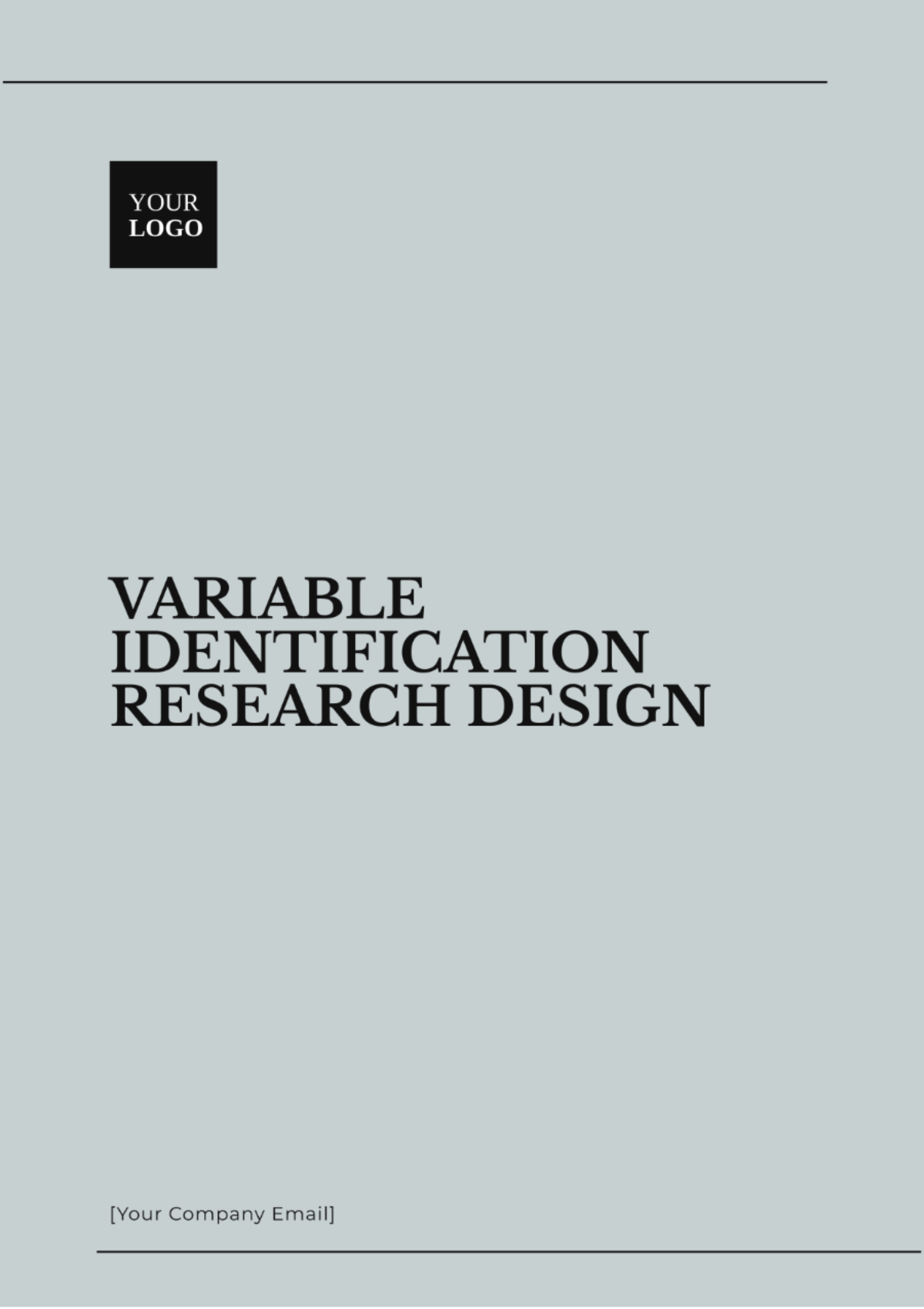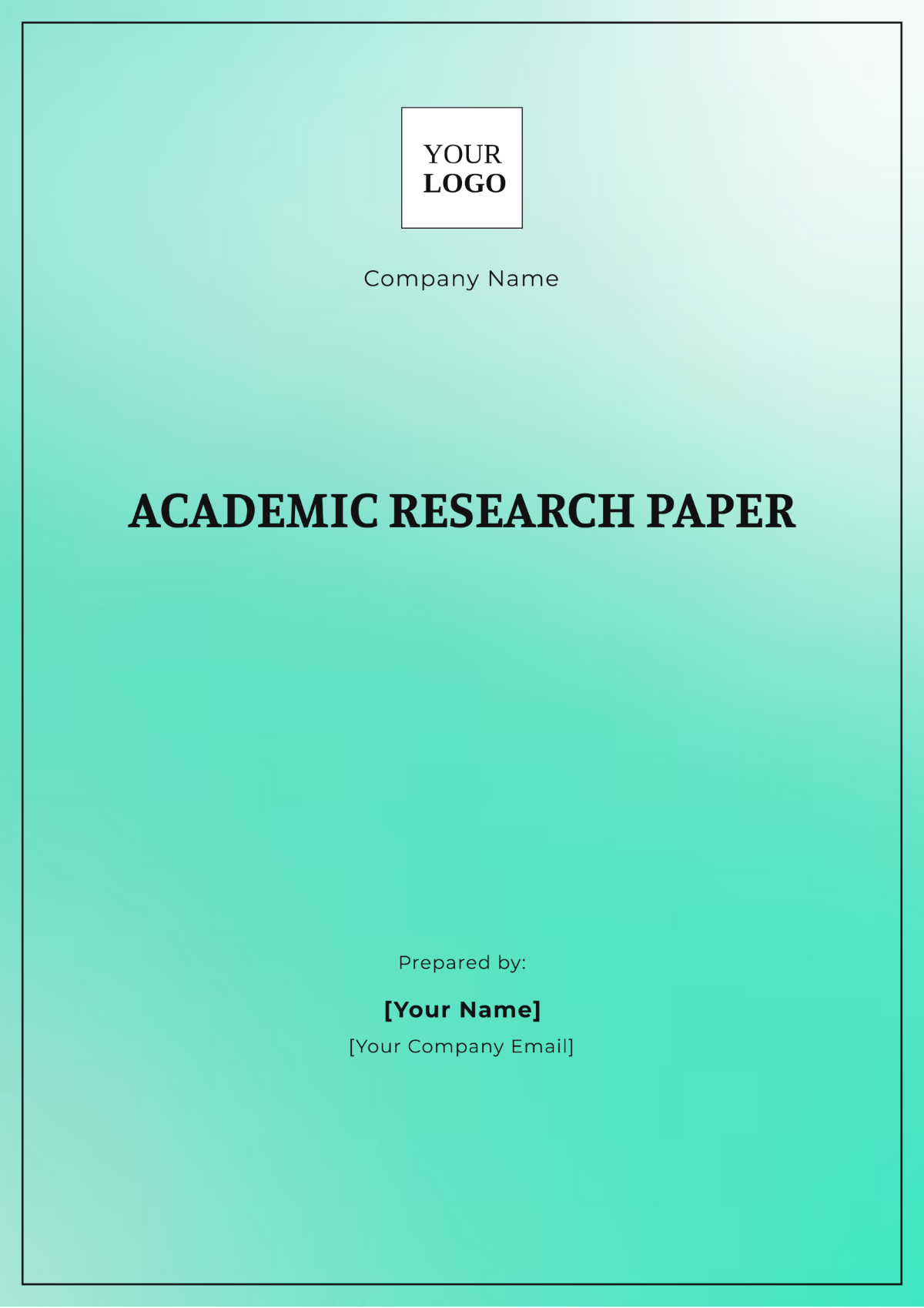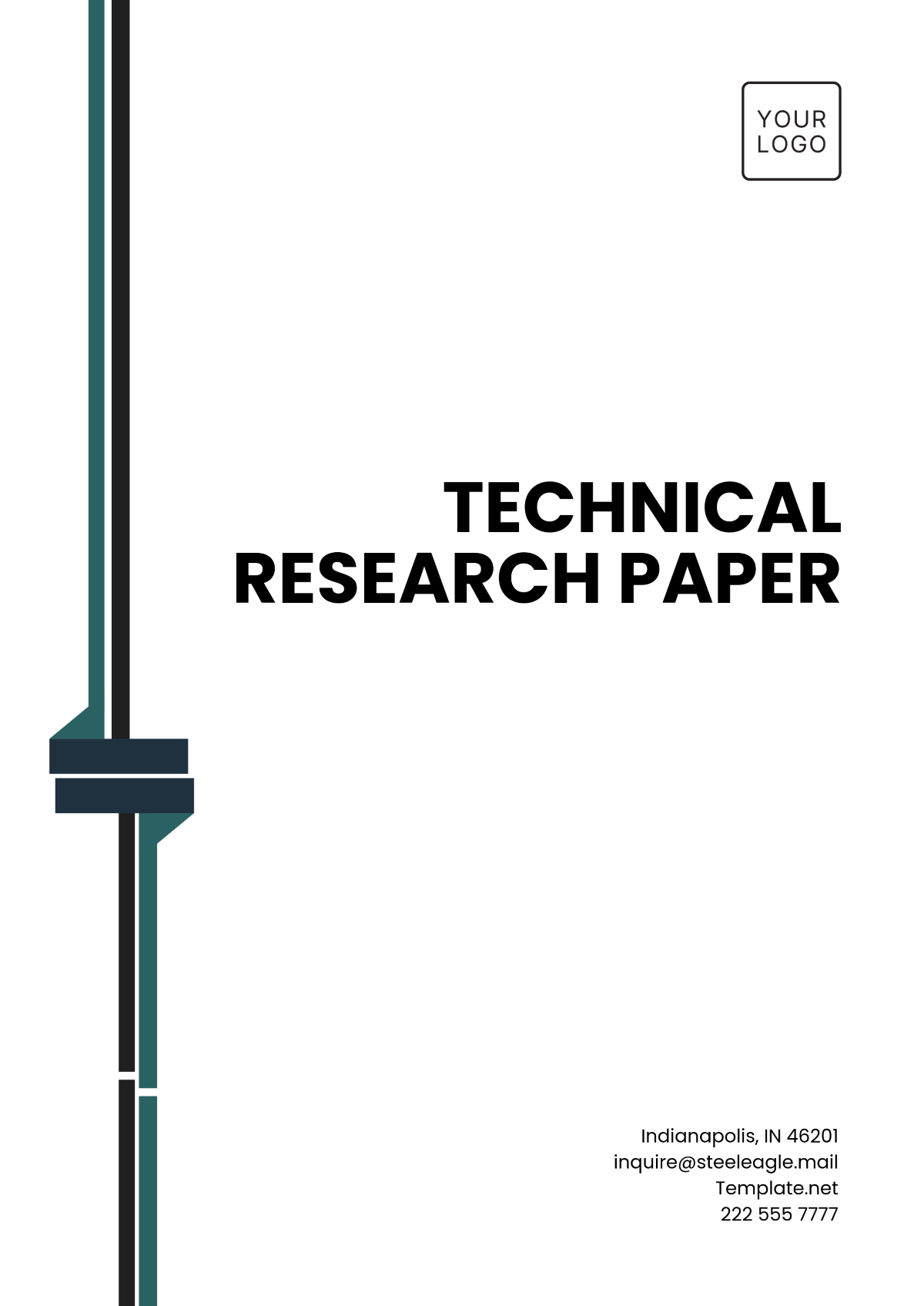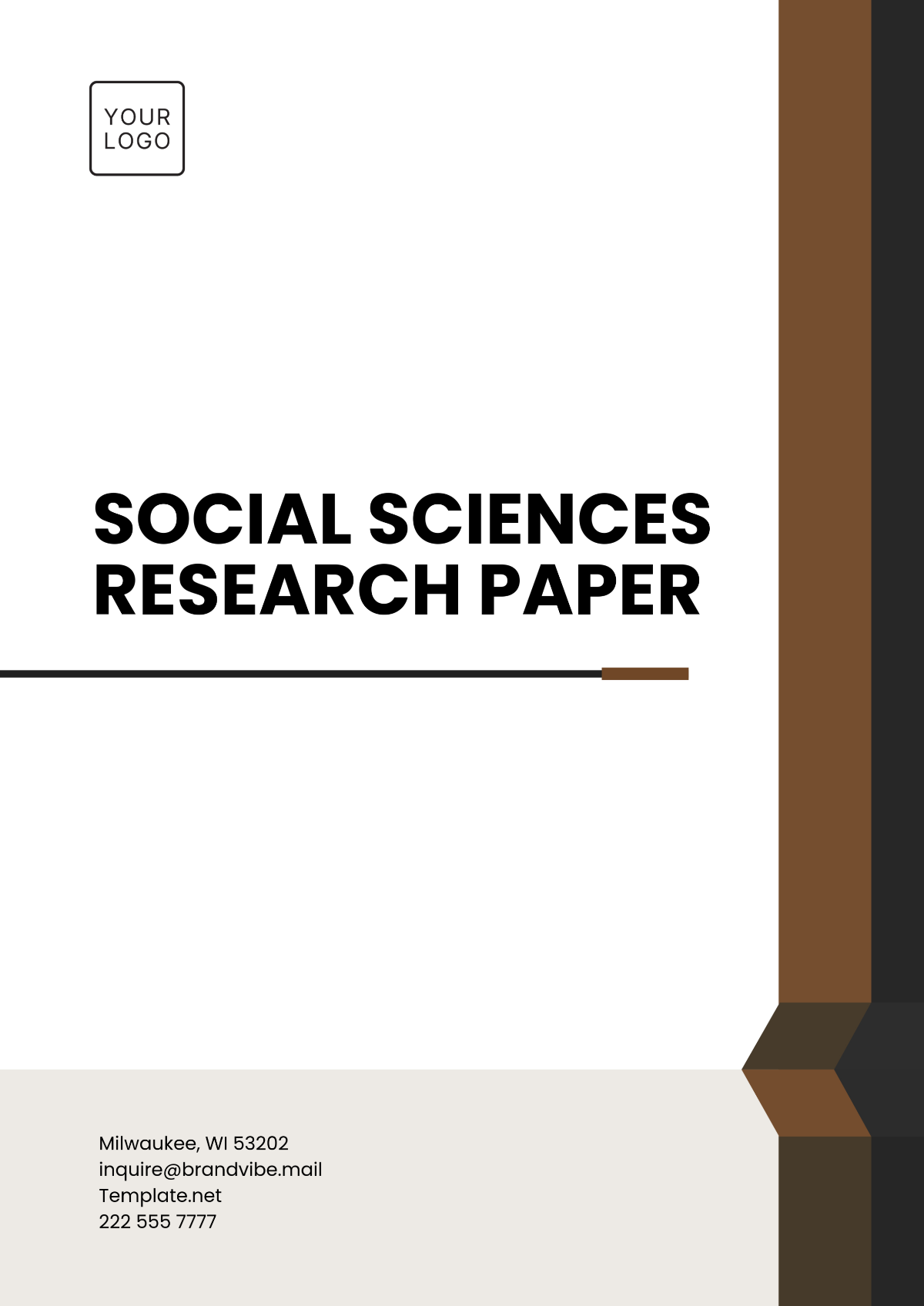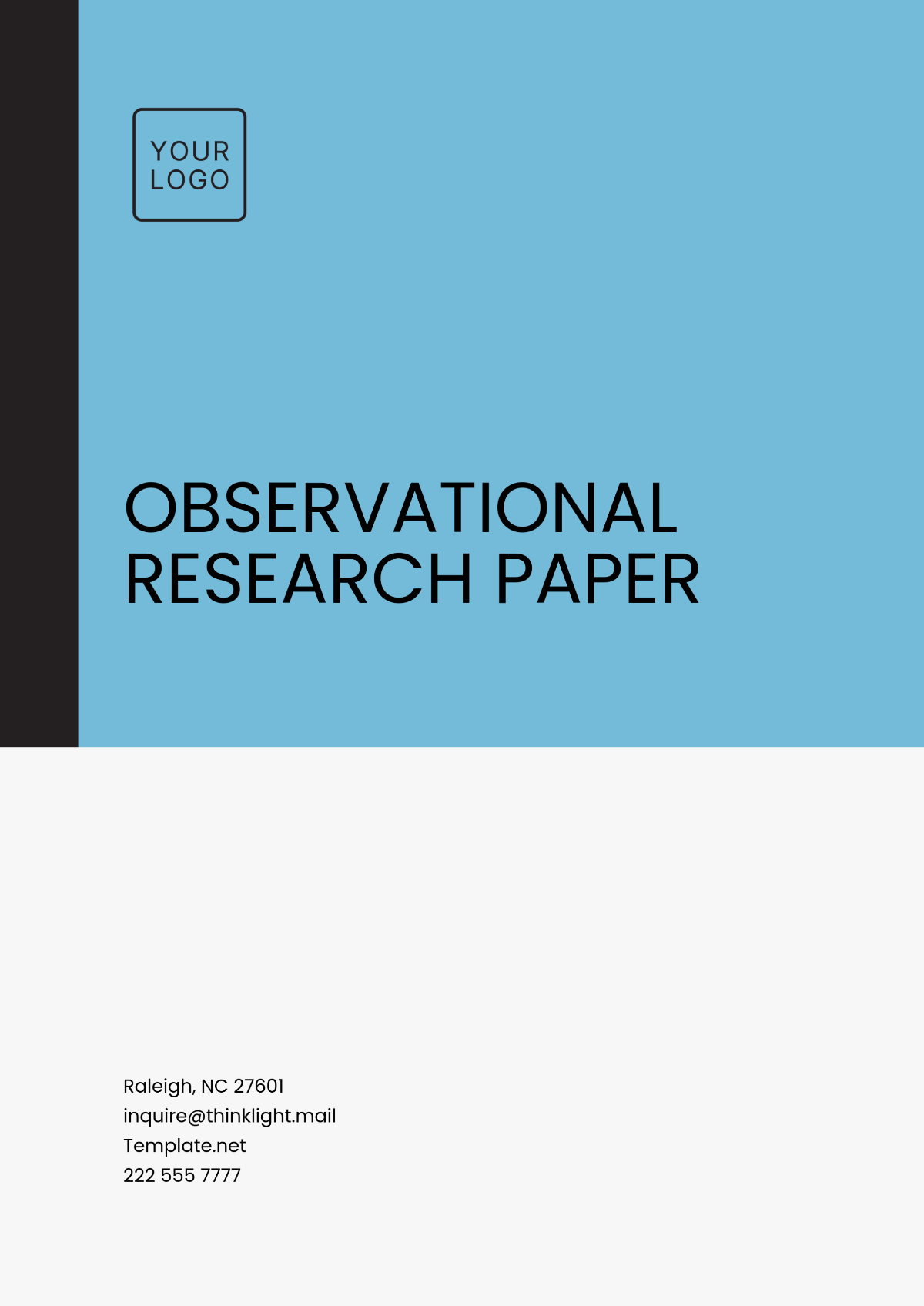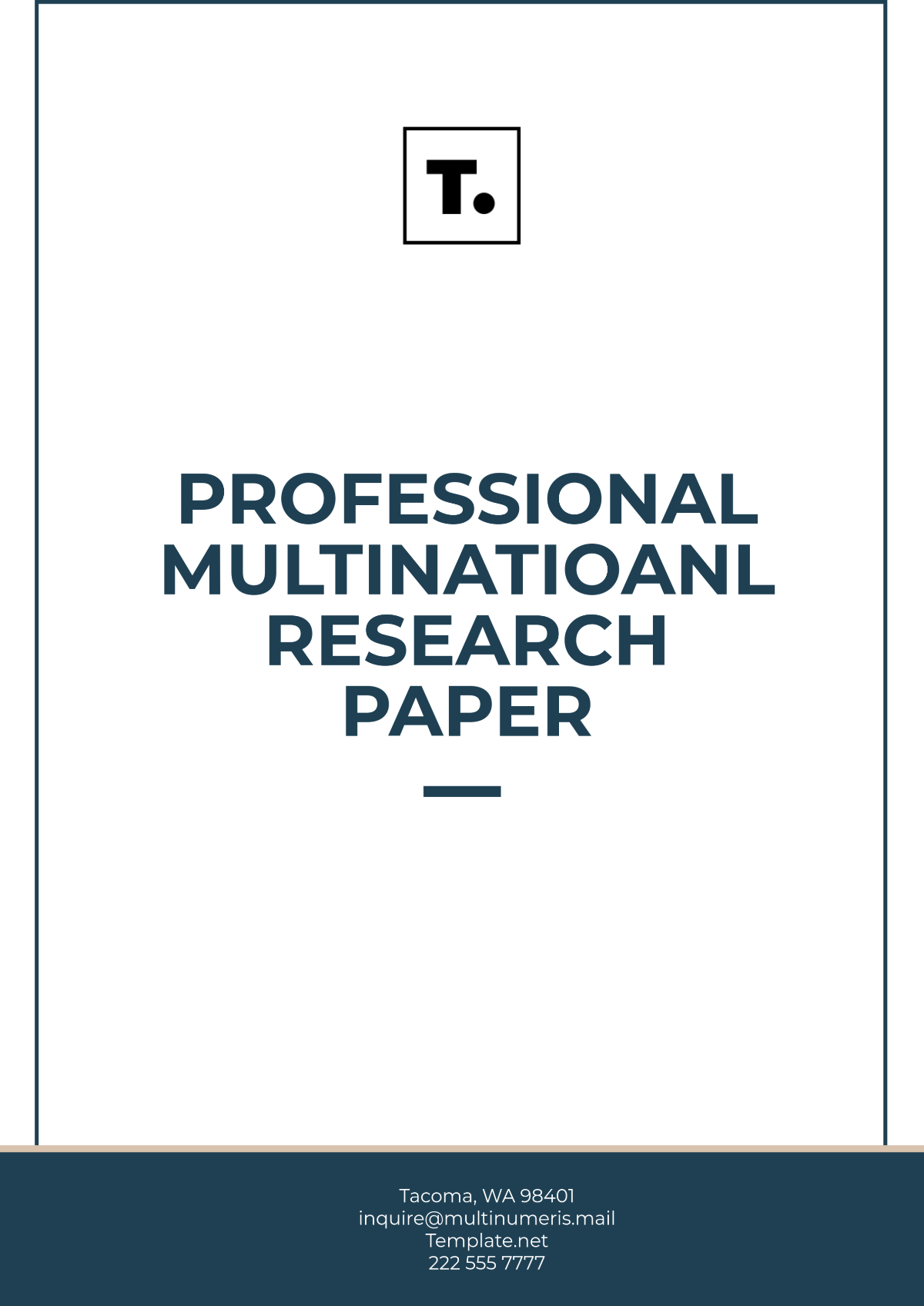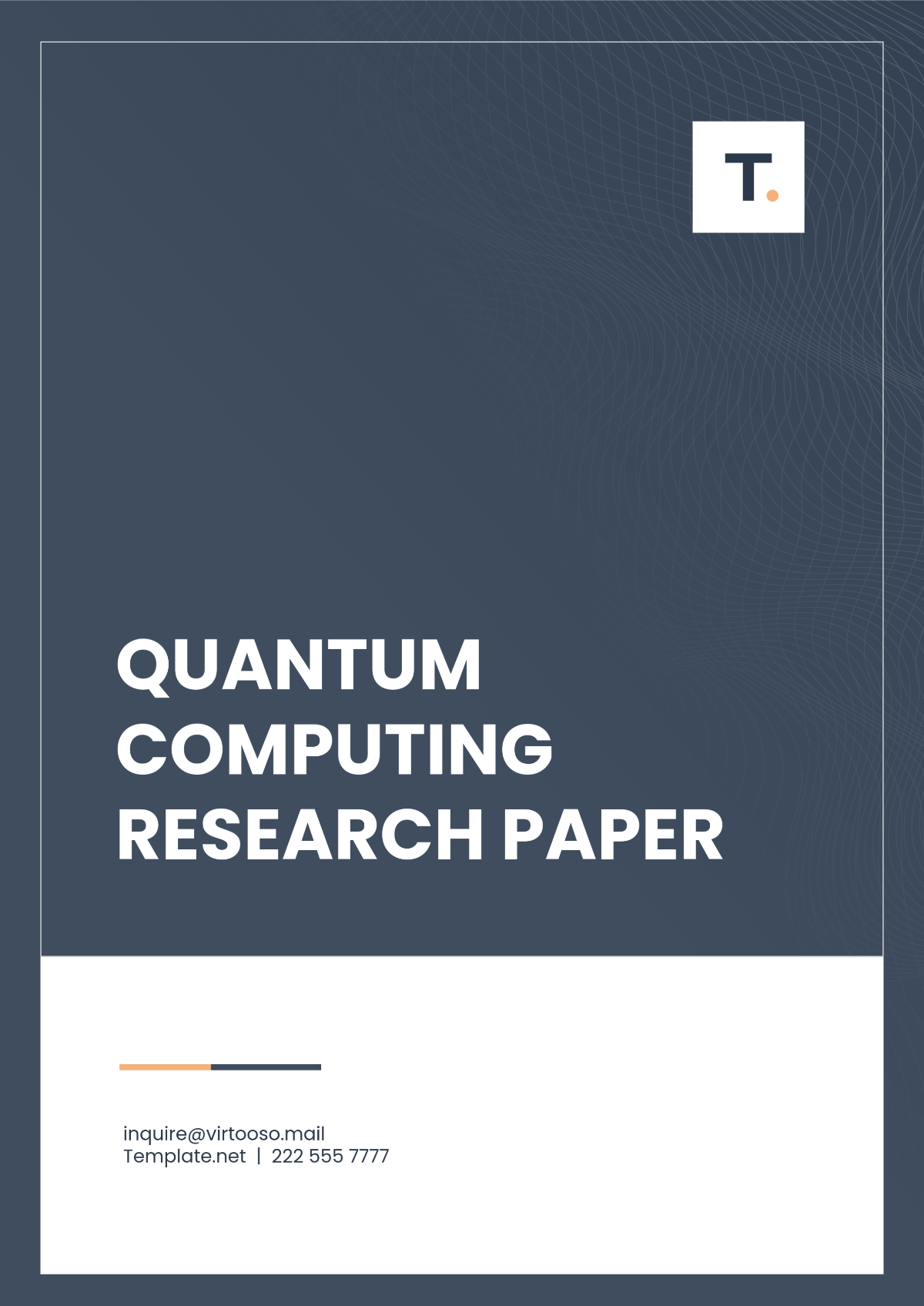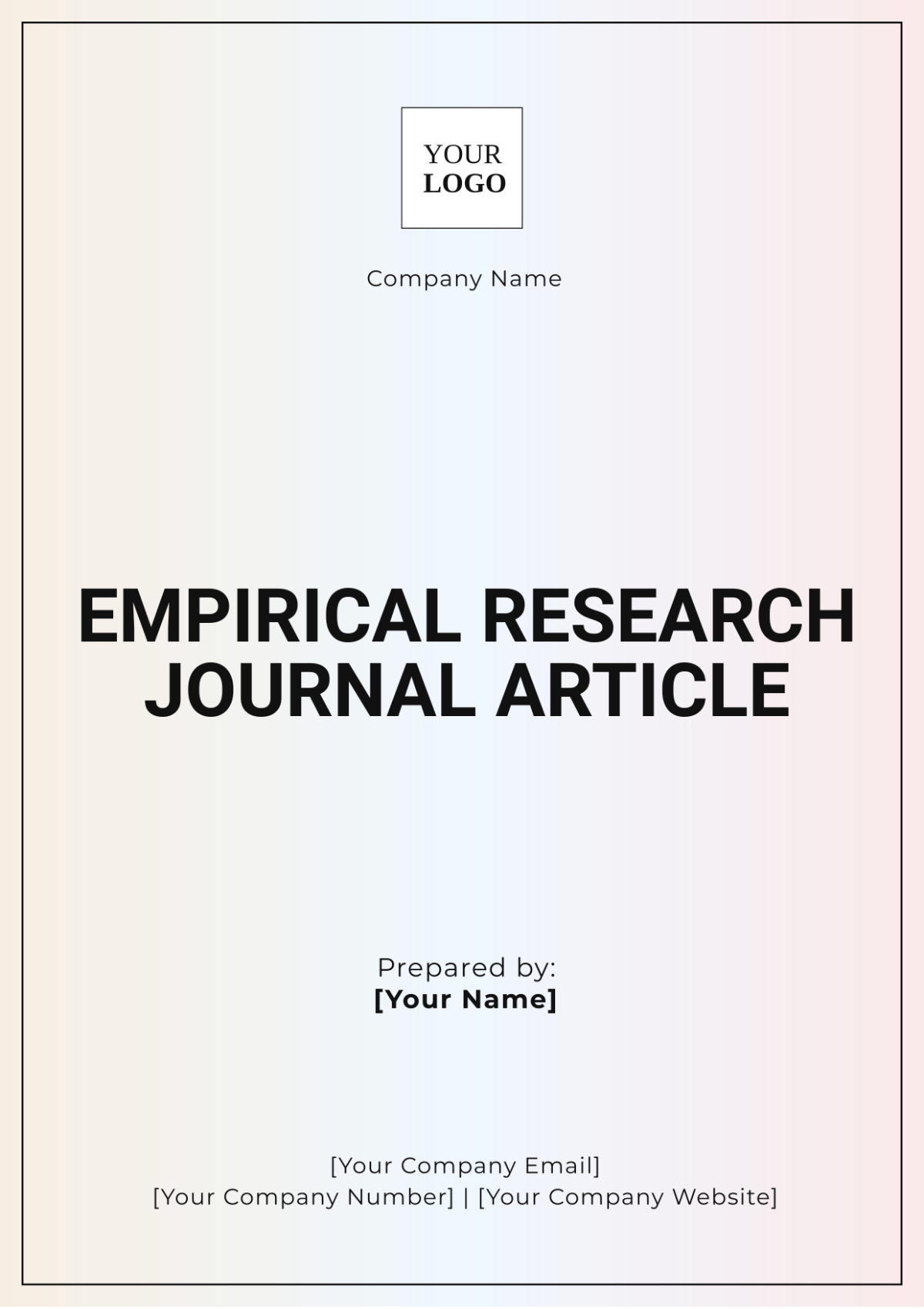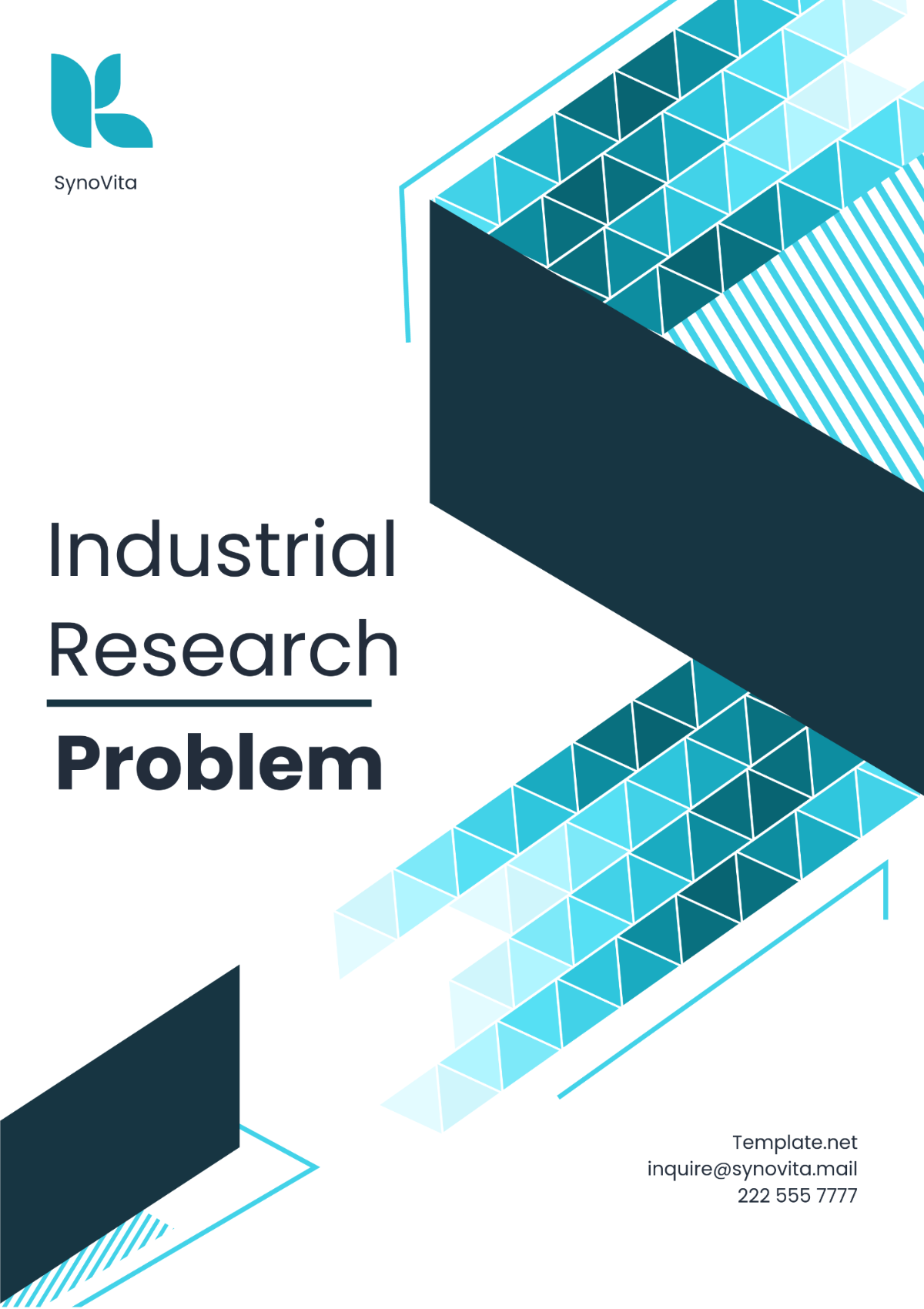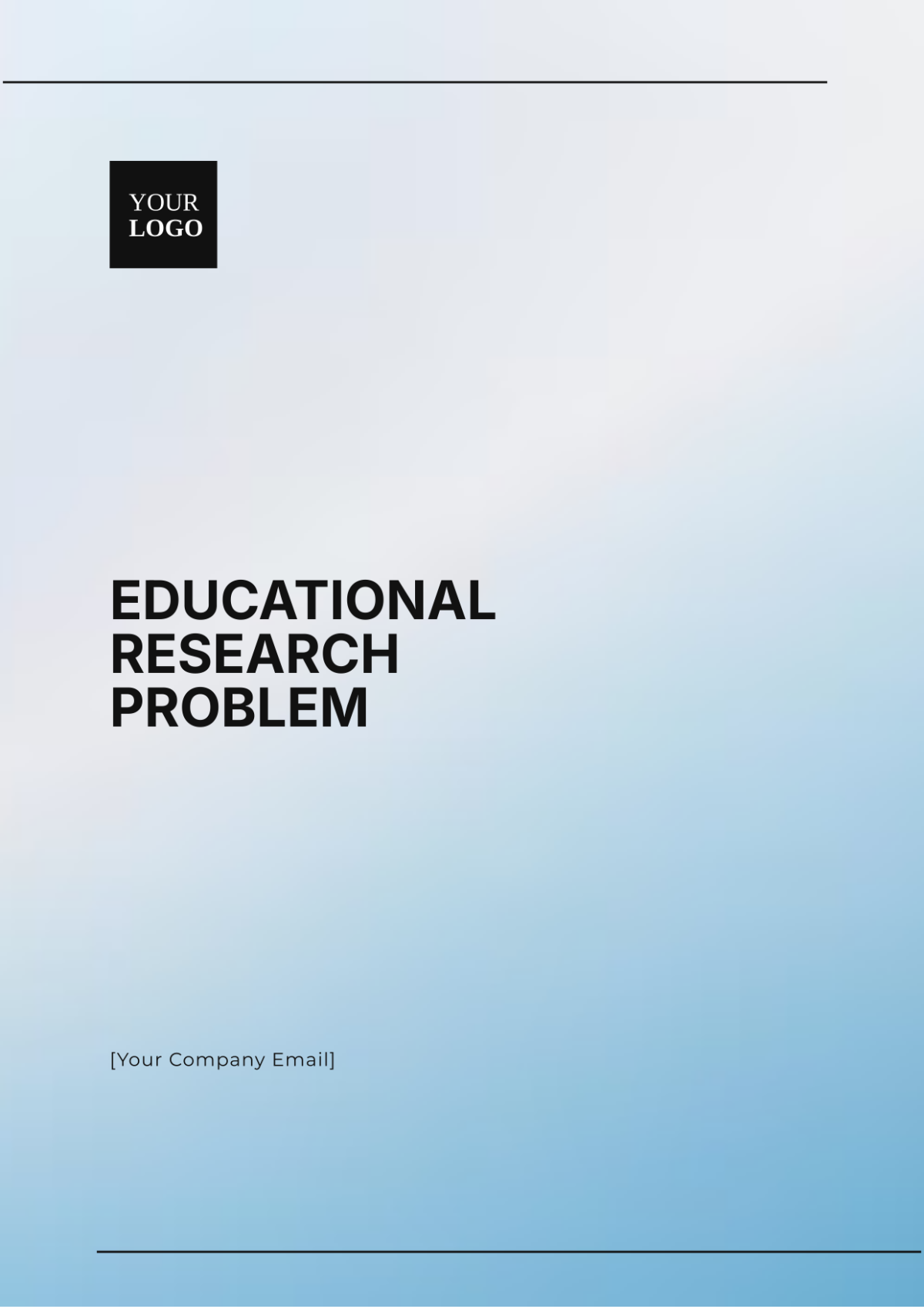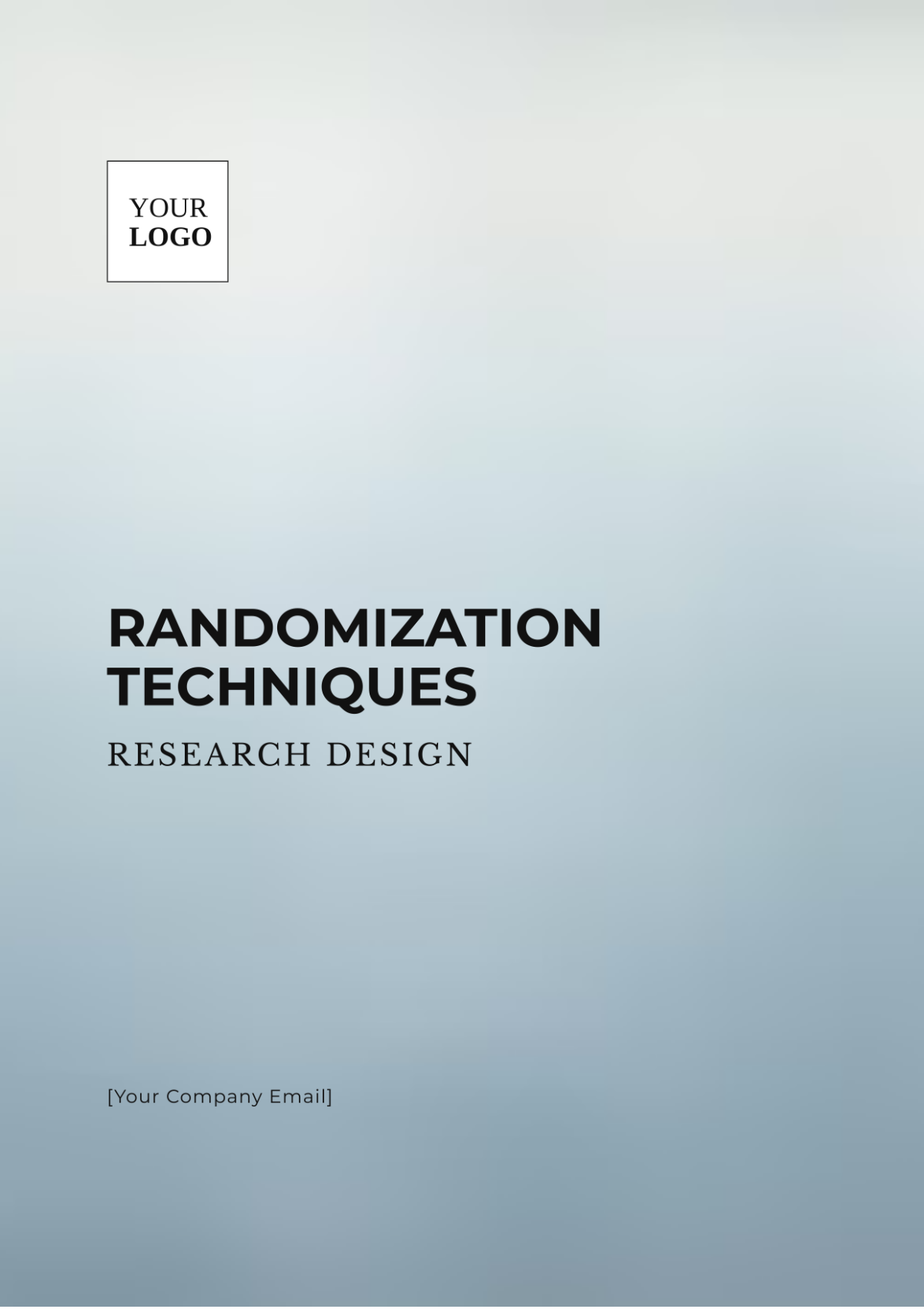Service-Learning Research Problem
Prepared by: [YOUR NAME]
Date: [DATE]
Service-learning integrates academic study with community service to address specific community issues while enhancing students' learning and civic responsibilities. Through service-learning projects, students collaborate with community organizations to solve real-world problems. This research examines the Service-Learning Research Problem, focusing on the challenges and benefits of integrating service-learning into academic curricula.
I. Introduction
The concept of service-learning has gained popularity as an educational approach that promotes student engagement, learning, and community development. This research problem investigates the challenges that communities and organizations face, which students address through service-learning projects. The work aims to combine academic knowledge with practical service, benefiting both students and communities.
II. Defining Service-Learning
Service-learning is a pedagogical model that integrates meaningful community service with instruction and reflection to enrich the learning experience, teach civic responsibility, and strengthen communities. By participating in these projects, students apply academic concepts to real-world problems, fostering a deeper understanding and commitment to community issues.
III. Research Problem
The primary research problem involves identifying specific issues or challenges within a community or organization that can be addressed through service-learning projects. This includes:
Understanding the nature and scope of community issues.
Designing service-learning projects that align with academic objectives and community needs.
Evaluating the impact of these projects on students and communities.
IV. Objectives of the Research
The objectives of this research are to:
Investigate the specific challenges faced by communities and organizations.
Explore how service-learning projects can address these challenges.
Analyze the outcomes and benefits of service learning for students and communities.
Provide recommendations for integrating service-learning into academic curricula effectively.
V. Methodology
The research utilizes a qualitative approach, collecting data through:
Interviews with community leaders and organization representatives to understand their challenges.
Focus groups with students participating in service-learning projects.
Surveys to measure the impact of service-learning on students' academic performance and civic engagement.
Case studies of successful service-learning projects.
VI. Challenges and Benefits
A. Challenges
Some common challenges in service learning include:
Aligning academic curriculum with community needs.
Ensuring meaningful and sustainable community impact.
Balancing academic rigor with service requirements.
Providing adequate support and resources for students and faculty.
B. Benefits
Service-learning offers several benefits:
Enhances students' academic learning and practical skills.
Promotes civic responsibility and community awareness.
Strengthens relationships between educational institutions and communities.
Provides real-world problem-solving experiences for students.
VII. Case Studies and Recommendations
A. Case Studies
To illustrate the impact of service-learning, this section includes case studies of successful projects:
Project | Community Issue | Outcome |
|---|---|---|
Environmental Cleanup | Pollution and waste management | Improved local environment, increased community awareness |
Education Support | Under-resourced schools | Enhanced academic performance, better resource distribution |
B. Recommendations
The research provides the following recommendations to enhance service-learning integration:
Develop clear guidelines aligning academic objectives with service goals.
Establish strong partnerships between educational institutions and communities.
Provide training and resources for faculty and students.
Implement regular monitoring and evaluation of projects.
VIII. Conclusion and References
A. Conclusion
Service-learning represents a powerful approach to education, bridging the gap between academic learning and real-world application. By addressing specific community challenges through collaborative projects, service-learning not only benefits communities but also enriches students' educational experiences and fosters a sense of civic responsibility.
B. References
APA format:
Eyler, J., & Giles, D. E. (2050). Where's the Learning in Service-Learning? Jossey-Bass Publishers.
Bringle, R. G., & Hatcher, J. A. (2051). Institutionalization of Service-Learning in Higher Education. The Journal of Higher Education, 71(3), 273-290.
MLA format:
Eyler, Janet, and Dwight E. Giles. Where's the Learning in Service-Learning? Jossey-Bass Publishers, 2050.
Bringle, Robert G., and Julie A. Hatcher. "Institutionalization of Service-Learning in Higher Education." The Journal of Higher Education, vol. 71, no. 3, 2050, pp. 273-290.
